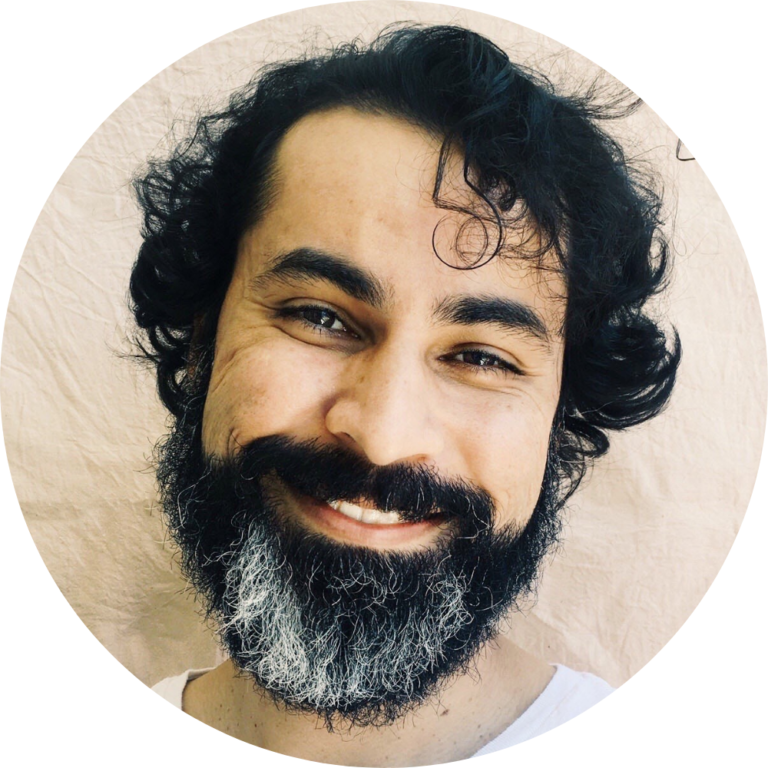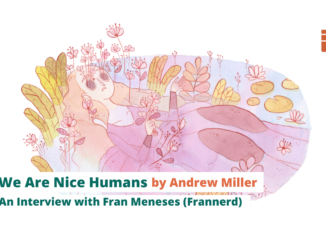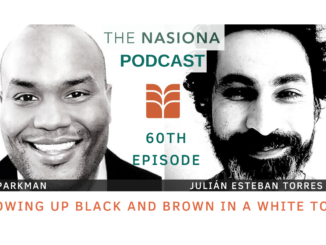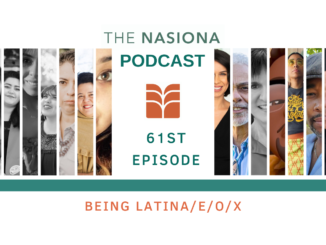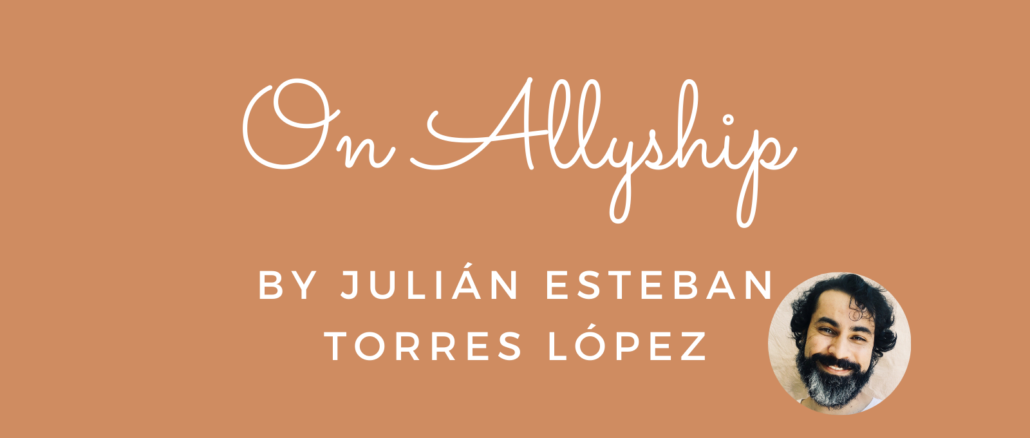
I wish there was a way we could charge well-intentioned progressives with reckless endangerment. I’m so sick of them centering themselves at the expense of our lives and livelihoods. I’d like for them to focus on the impact of this recklessness, and humbly listen, learn, and commit to action to reduce this recklessness.
You want to be an ally? Here are some initial demands in order for you to demonstrate and enact love, care, and support beyond your personal feelings.
Question: How can you identify performative allyship?
Example: Stating you care and love and support people without actually doing anything besides feeling like or saying you care or love or support them.
It’s like writing a to-do list, not doing anything on the list, then feeling like you accomplished something simply because you wrote down a list of things you “care” about doing.
If you measure the success of care, love, and support of others by simply saying a word or merely by a personal feeling you have for others, then you are centering only yourself, not others. Instead, why not, through actions, demonstrate what care, love, and support embody?
Care, love, and support are also action verbs, not just descriptive nouns. And, if it is supposed to be care, love, and support of others that you want to express and enact, then you need to measure those things based on the concerns of the other people, not on simply making yourself feel better about yourself.
So what does caring, loving, and supporting others demand from us? What does real, sincere, authentic, transformative, powerful, and healing allyship demand from us? What does being a co-conspirator and accomplice look like so others can more effectively access safe spaces, and care, and love, and support? What examples are illustrative of such demands? Below are some questions you can use to gauge what is demanded from us. For instance, after I tell you I’ve been abused and I’m suffering from X abuse, you can express compassion and sympathy and empathy and also ask:
- How are you doing?
- What can I do to help?
- How can I better support you?
- What has been my role in your pain and suffering, if any?
Then LISTEN to my responses, with humility.
Then LEARN from my responses, with humility.
Then ACT from my responses, with humility.
Then COMMIT to daily action to ensure you are not intentionally or unintentionally being the direct or indirect cause or reason for my abuse and suffering.
Care, love, and support are commitments to action. They are commitments to something or someones … to something Other.
Note the difference? The former centers yourself so you feel good about yourself by simply being satisfied with pretty words without actually knowing what care, love, and support actually require, and what kinds of actions and behaviors are demanded from you to demonstrate you care, love, and support others. The latter, on the other hand, centers the people (the others) who actually need your love, care, and support.
Unless by luck, you cannot effectively care, love, and support another without INCLUDING how they themselves define what caring, loving, and supporting them actually means to them.
So, when you tell me you care, love, and support me — as in, when you tell me you’re my ally — it’s safe to say that I am evaluating that care, love, and support not simply on how you feel or what you say, but on what you do and whether or not you actually include me in the conversation about how I want and need to be cared for, and loved, and supported. Anything other than this is a mere self-centered performance to make yourself feel better about yourself; to remain in your comfort zone and feel like you’ve done something without doing anything meaningful, valuable, relevant, and purposeful; and/or to not ruffle feathers to keep a status quo in tact that most likely benefits you, not me.
Over the years, I’ve had many, many people tell me they are my ally, but I can attest that only a fraction of a fraction of a fraction of them would I, myself, ever actually define as an ally. Most of these self-identified and so-called “allies” are actually some of the biggest abusers and/or some of the people who are the most complicit in my abuse.
We need to move beyond being satisfied with trying, personal intent, and personal feelings to define what allyship is; and instead, move toward a more holistic understanding of what allyship means so that we are only fully satisfied with action, impact, and a commitment to rituals and behaviors that center those individuals and communities we say we are aligning ourselves to in order to care, love, and support them.
You want to know how to be my ally? You want to care, love, and support me? Then you need to ask me how. If you don’t, but you continue to assert your right to claim to be my ally, ask yourself why you stake a claim to that title without centering my concerns, my needs, my wants, my hopes, my desires, my frustrations, and my grievances.
Julián Esteban Torres López (he/him/his/él) is a bilingual, Colombia-born storyteller and culture architect with Afro-Euro-Indigenous roots. For two decades, Julián has worked toward humanizing those Othered by oppressive systems and dominant cultures. He is the creator of the social justice storytelling movement The Nasiona, where he also hosts and produces The Nasiona Podcast. He’s a Pushcart Prize, Best of the Net, and Best Small Fictions nominee; a Trilogy Award in Short Fiction finalist; a McNair Fellow; and the author of Marx’s Humanism and Its Limits and Reporting On Colombia. His poetry collection, Ninety-Two Surgically Enhanced Mannequins, is available now. His work appears in PANK Magazine, Into the Void Magazine, The Acentos Review, Novus Literary and Arts Journal, Havik 2021: Inside Brilliance, among others. Julián is also a senior DEI consultant for Conscious Thrive Consulting. Julián holds a bachelor’s in philosophy and in communication and a master’s in justice studies from the University of New Hampshire and was a Ph.D. candidate at the University of British Columbia Okanagan, where he focused on political science and Latin American studies.
